Apple, AT&T originally agreed to iPhone exclusivity until 2012
Nilay Patel reported Monday that Apple, in a court filing in October 2008, admitted that AT&T had exclusive distribution rights in the U.S. for the iPhone. Apple specifically admitted to reports from USA Today in 2007, in which the newspaper said that the two companies had agreed to a deal through 2012. The paper also reported in 2007 that Verizon passed on a similar five-year arrangement.
Apple's admission was made as part of its defense in a class-action lawsuit filed in 2007, accusing both the iPhone maker and AT&T of illegally exerting a monopoly over iPhone customers. The suit alleged that iPhone users were forced to stay with AT&T after their two-year contract expired, because neither AT&T nor Apple would unlock their handset for use on another carrier, such as T-Mobile.
While the original agreement meant Apple's iPhone could not jump to a competing carrier until after 2012, Patel noted that "the real question is whether or not the exclusivity deal is still on the books."
"Contracts can be canceled, amended, and breached in many ways, and AT&T's spotty recent service history plus the explosion of the iPhone and the mobile market in general have given Apple any number of reasons to revisit the deal," he wrote. "In addition, the two companies obviously hit the negotiating table again to hammer out the iPad's pricing plans, and there's no way of knowing whether that deal involves the iPhone as well."
The lawsuit against Apple and AT&T remains ongoing, but many of the documents in the case have been sealed from public view since 2009. Patel noted that the plaintiffs argued Apple exerts illegal monopoly power over applications on the iPhone, by requiring company approval of all App Store software, and the court deemed the argument valid to go forward.
Though the five-year deal was originally announced in 2007, in the last year many analysts have suggested that the Apple-AT&T deal actually expires this summer. Whether the contract was amended to shorten the agreement has not been revealed.
Last week, one analyst speculated that Apple and AT&T extended their deal six months, with AT&T retaining exclusive access to the iPhone, and Apple gaining no-contract $30-per-month data plans for its just-released iPad.
Talk of Apple's handset becoming available on other carriers cooled earlier this year, when Apple executives defended AT&T, and the iPad was announced as compatible only with AT&T's 3G network in the U.S.
But in March, The Wall Street Journal reported that Apple is currently working on a CDMA-capable iPhone that could run on the Verizon network. Such a device would not likely arrive this summer, when the next-generation iPhone is expected to go on sale, as the Journal reported that manufacturing of the CDMA model is not expected to begin until September.
 AppleInsider Staff
AppleInsider Staff
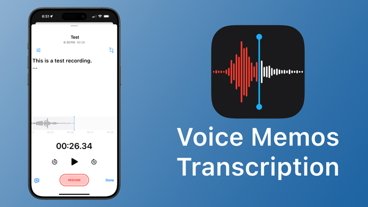
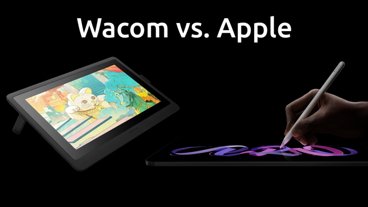
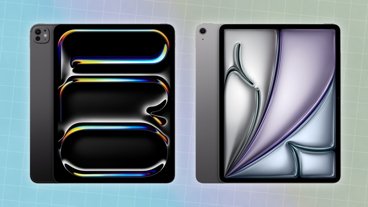
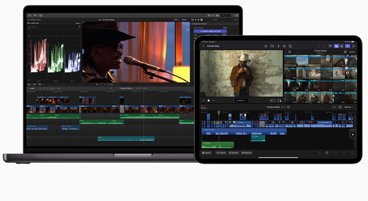
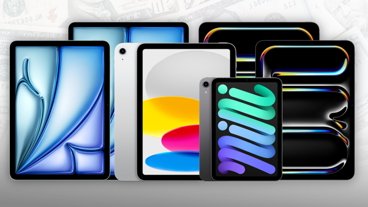




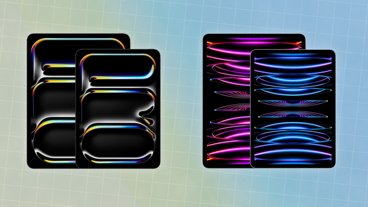


 Malcolm Owen
Malcolm Owen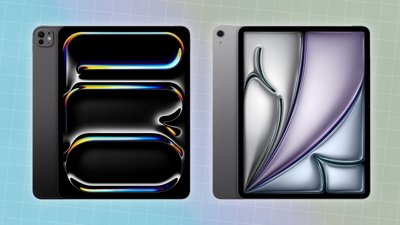
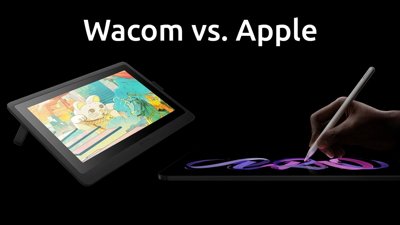
 Amber Neely
Amber Neely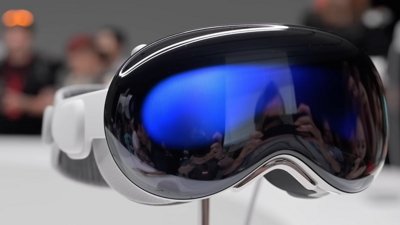
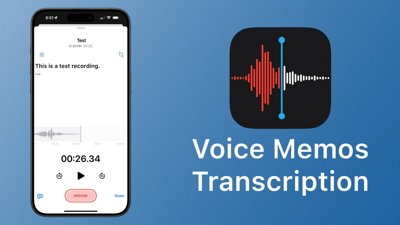
 Marko Zivkovic
Marko Zivkovic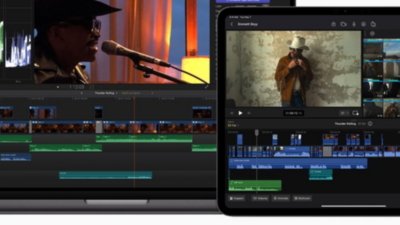
 David Schloss
David Schloss
 Wesley Hilliard
Wesley Hilliard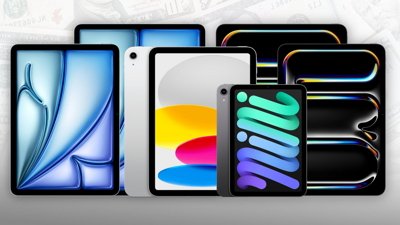
 Mike Wuerthele and Malcolm Owen
Mike Wuerthele and Malcolm Owen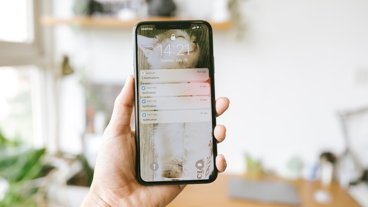
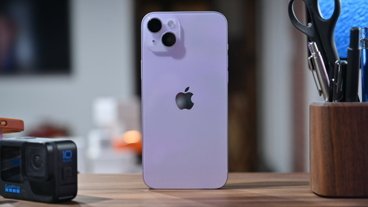
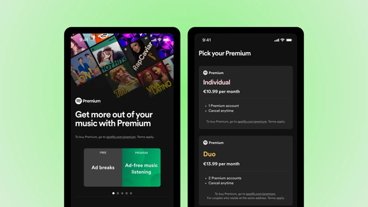







91 Comments
I cannot imagine Apple offering a special iPhone compatible only with Verizon. When Verizon get onboard with GSM standards i.e. when they support LTE/4G, then they can sell calling/data plans for (unlocked) iPhone. Who would ever buy a locked phone??? Not me.
Why is all this so secret? These kind of things most definitely effect the companies earnings etc. Both of these companies are publicly traded. Shouldn't they be letting their shareholders know details like this?
Why is all this so secret? These kind of things most definitely effect the companies earnings etc. Both of these companies are publicly traded. Shouldn't they be letting their shareholders know details like this?
I would like to know the answer to that question, too!
Why is all this so secret? These kind of things most definitely effect the companies earnings etc. Both of these companies are publicly traded. Shouldn't they be letting their shareholders know details like this?
This is a good observation.
I cannot think of any particularly compelling competitive reasons for such secrecy on this front. If anything, it provides clarity and makes decisions easier for customers.
PS: While I am not their biggest fan -- the site is chock-full of anti-Apple snarks and whiners -- kudos to engadget.com for their detective work!
I certainly hope Apple is planning an iPhone for Verizon. Both the iPhone and Android (which is starting to eat Apple's marketshare, in part, due to the AT&T exclusivity) have a form of lock-in to their platform: applications.
Some of us refuse to switch to AT&T just to get an iPhone because we like using cell phones to, gasp, make phone calls!
But if Apple continues screwing around, when they finally do arrive on Verizon, they'll discover customers who won't be willing to switch platforms because they will have an investment both in money and familiarity in applications for Android. While I expect it won't be quite as bad as switching from Mac to Windows and visa versa, it's still a reason why customers will be reluctant to switch.
If Apple really does have such a long agreement still in place, then I will probably be one of them.